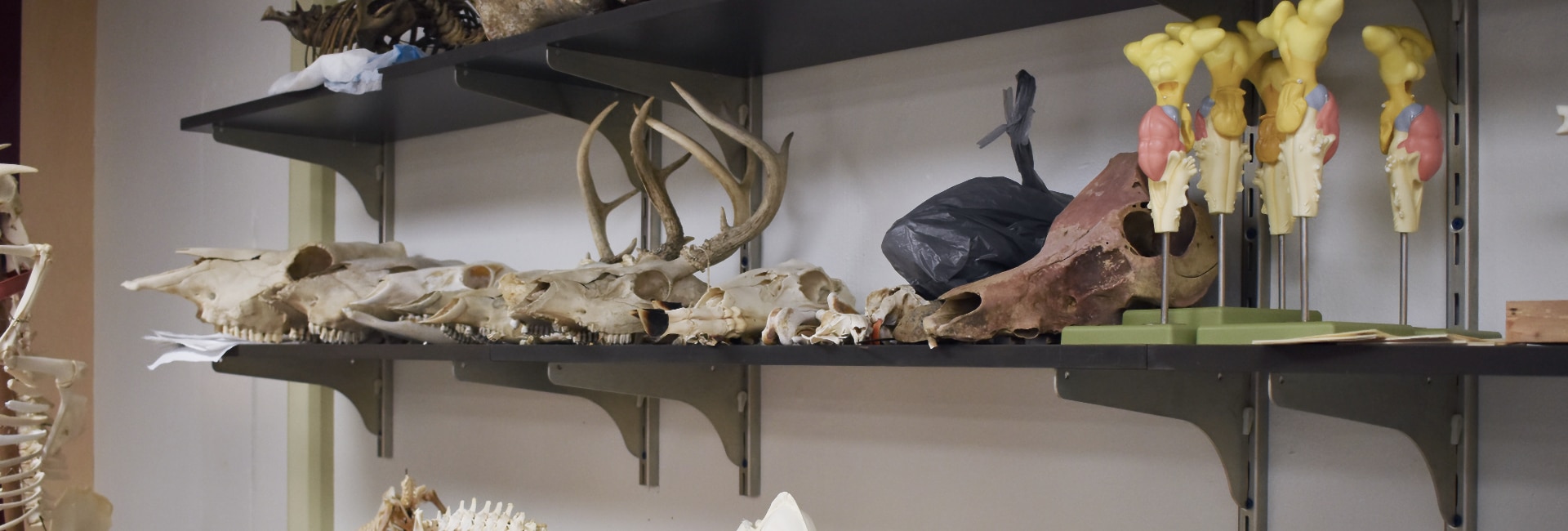
Pre-veterinary is not a major and there is no "correct" major for pre-veterinary. While most students major in a science area like biology, a major in science is not required. Veterinary schools seek candidates with diverse interests who are capable of handling rigorous science courses. So the best advice is to select a major in an area in which you are interested and in which you can do well and can balance with the science and math courses required for application.
Undergraduate requirements vary from school to school and it is the student's responsibility to know the specific requirements for the schools you wish to attend. Many schools require:
The grade point average (GPA) is an important component of the requirements for admission to dental school. It is not necessary to have a 4.0. The average GPA of successful veterinary applicants in the US is around 3.5 overall GPA (on a 4.0 scale). You should strive to maintain a competitive GPA, but also focus on participation in extracurricular activities to demonstrate interests beyond academics. Many vet schools specifically look at your GPA in science courses or in your last 45 hours of courses before application. You don't have to be perfect, but you should strive to maintain strong grades throughout your preparation.
The best advice is to start calculating your application GPA early. From your first semester in your undergraduate studies, you should be keeping a log of your GPA as it will be calculated by VMCAS. you can find a description of the VMCA calculation here. You can also access an excel spreadsheet set to calculate your VMCAS GPA here.
Applications to veterinary schools are made through the American Association of Veterinary Medical Colleges via the VMCAS system; information can be obtained here. The application cycle begins in May and should be completed early in the summer preceding the Senior year of undergraduate work.
The AAVMC Applicant Guide is an excellent way to find out what you'll need when it's eventually time to apply.
Vet programs often request that applicants complete the Graduate Record Exam (GRE). However, some programs do not require any test scores. You should contact the Admissions office of schools that interest you for more details.
You should try to accumulate animal experience in any way that you can. Consider volunteering at animal shelters, zoos, therapeutic riding centers, rescues, 4-H, and other places you can gain experience interacting with animals.
Most veterinary schools do not have minimum required shadowing hours, but you should always check the specific requirements of any program to which you plan to apply.
Most veterinary schools require a letter of recommendation from a veterinarian, so shadowing and volunteering often provide an excellent opportunity to interact with a veterinarian that might be willing to write that letter.